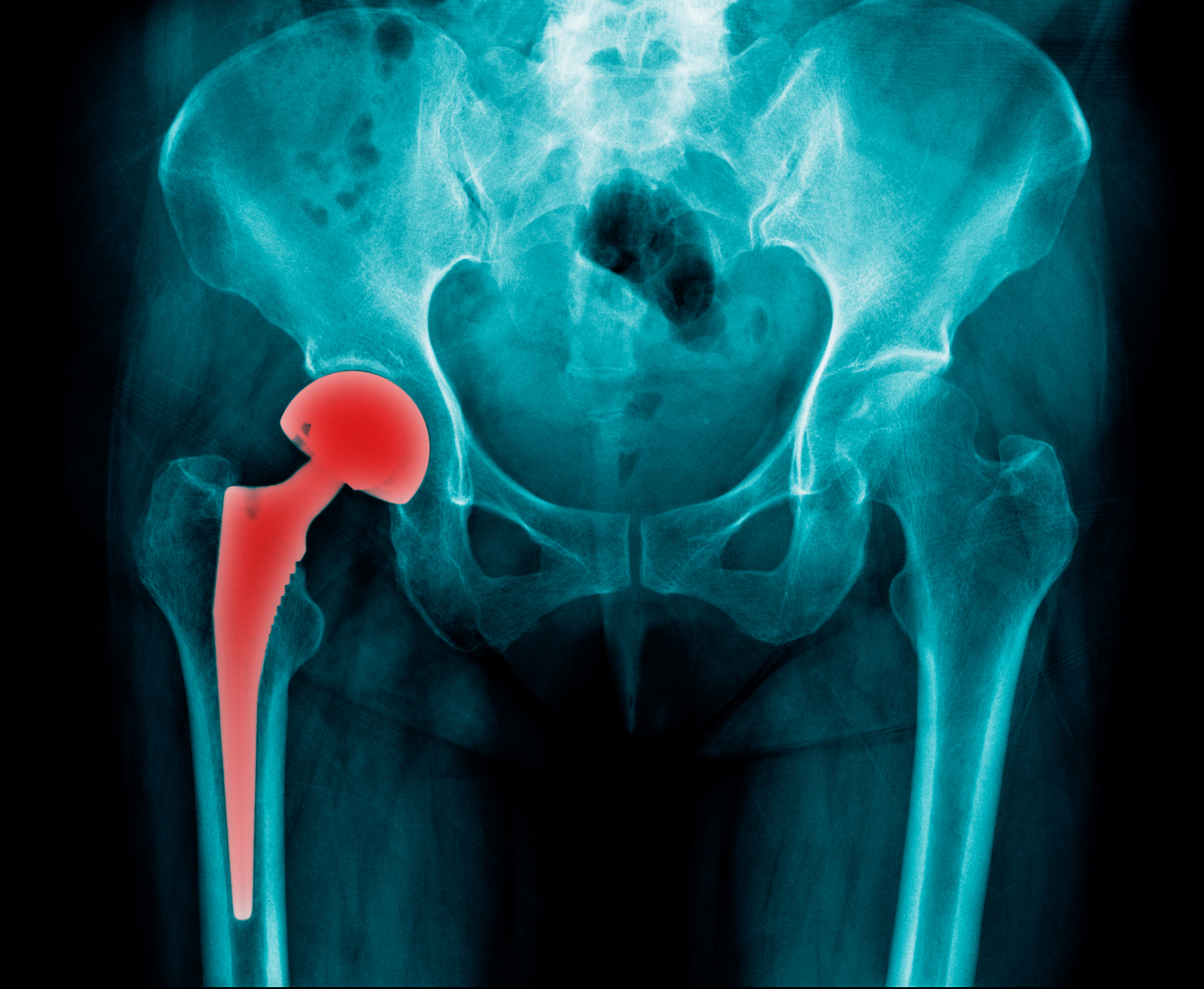More than 300,000 total hip replacements are performed each year in the United States. While it is generally considered to be a safe and effective treatment, there are risks. A hip replacement, or hip arthroplasty, is surgery that replaces a diseased or injured hip joint with an artificial joint or implant. However, for decades numerous lawsuits have been brought against manufacturers such as DePuy, Stryker, and Wright Medical for faulty hip replacements, particularly those related to metal on metal implants. Many of these suits have settled over the years resulting in billions of dollars of liability. However, thousands are still pending. These suits are complex and benefit from the use of medical expert witnesses to evaluate claims and provide necessary testimony on causation and damages in support of either party.
Artificial hip implants can be made from various materials including polyethylene (plastic), metal, ceramic or a combination of the materials. Metal on metal (MoM) was a frequent choice in many surgeries through the mid-2000s because it was thought to last longer and experience less wear of the component material. However, it carries some unique risks. Metal can be released into the space around the implant and into the blood stream where various components connect.
The metal ion particles contain cobalt and chromium among other substances and can result in metallosis (blood poisoning from toxic metals), osteolysis (bone degeneration), soft tissue damage, nerve compression, and other health complications. Metallosis can result in death of bone or other tissue and can affect the brain, heart, eyes, and other organs. Several studies have continued to monitor adverse reactions to metal debris (ARMD) from MoM implants. However, the Food and Drug Administration (FDA) currently does not use a specific threshold for blood metal ions to identify patients at high risk of ARMD. According to the FDA, “[d]ifferent people will react to these metal ions and particles in different ways. At this time, it is not possible to predict who will experience a reaction, what type of reaction they might have, when the reaction will occur, or how severe the reaction will be.”
Metal-on-metal hip implants are no longer available in the United States. Some were recalled, others taken off the market. However, thousands of people still have their implants and continue to sue over side effects and the need for revision surgery. More than 14,000 hip cases were still pending across the country as of July 2019 and several big trials are expected in 2020 and 2021.
Expert witnesses can provide invaluable testimony in hip replacement product liability claims. Orthopedic surgery expert witnesses are critical in explaining medical procedures and devices such as hip replacement implants to a judge and jury. As experts in the diagnosis and treatment of diseases and injuries of the musculoskeletal system, they can also testify regarding damage to bones, joints, ligaments, tendons, muscles, and nerves as a result of the implant. Toxicology expert witnesses may also be beneficial. Toxicologists specialize in dealing with the treatment of poisoning, drug overdose, and exposure to toxins or biological agents. They can explain research on the effects of exposure to metal particles as well provide testimony on causation and damages related to the implant.
Elite Medical Experts can help parties secure leading orthopedic surgery and toxicology experts from top tier academic medical centers. Contact us for a consultation.

